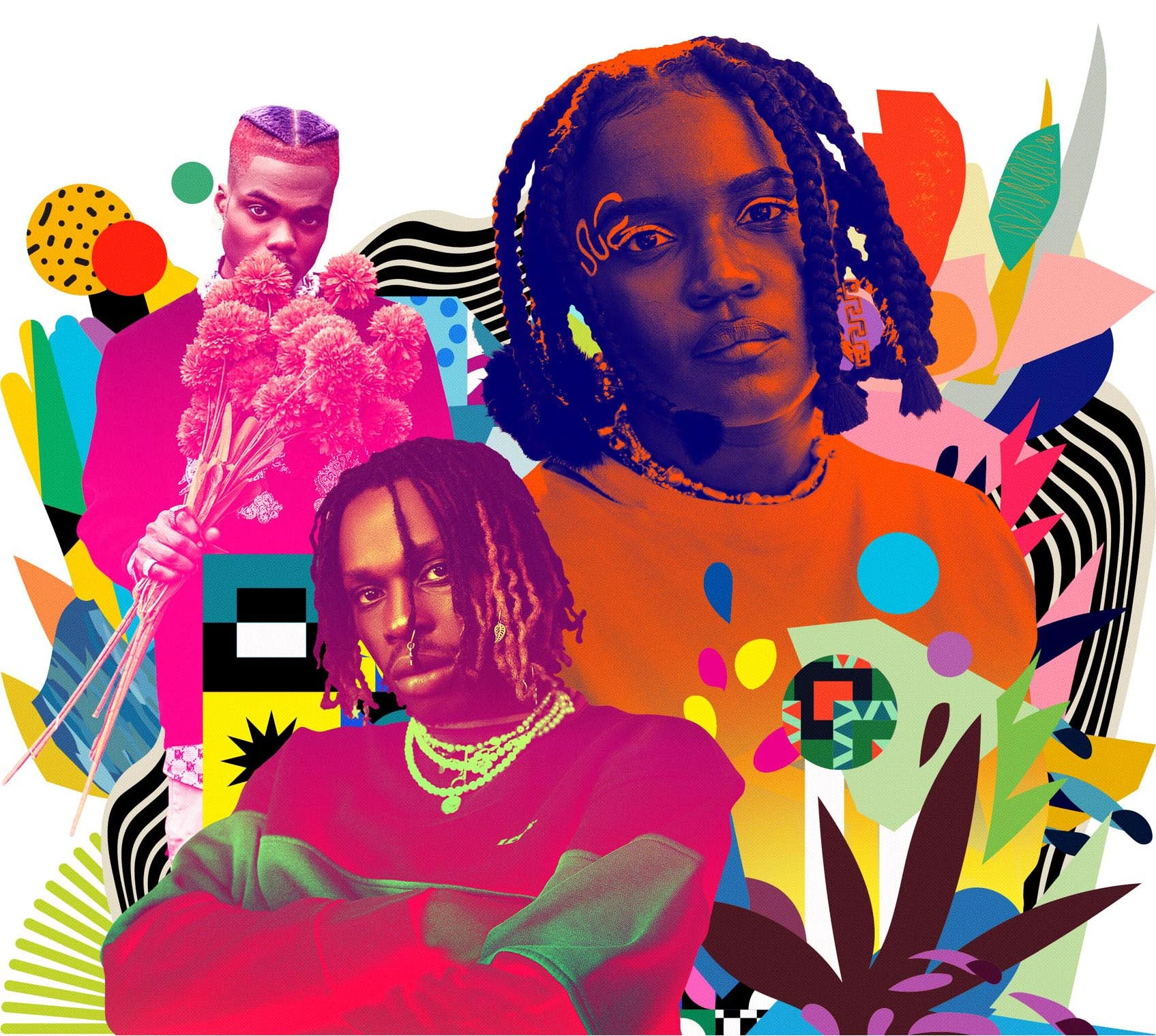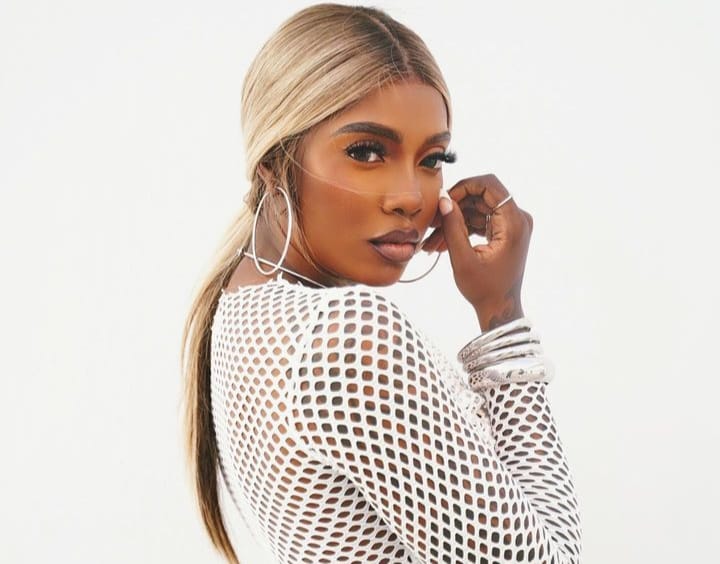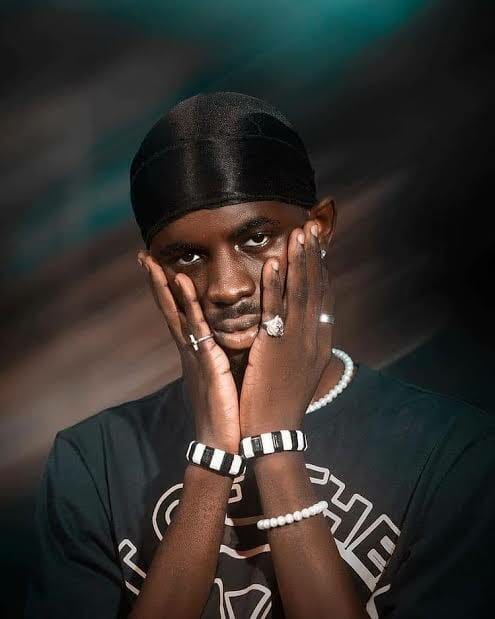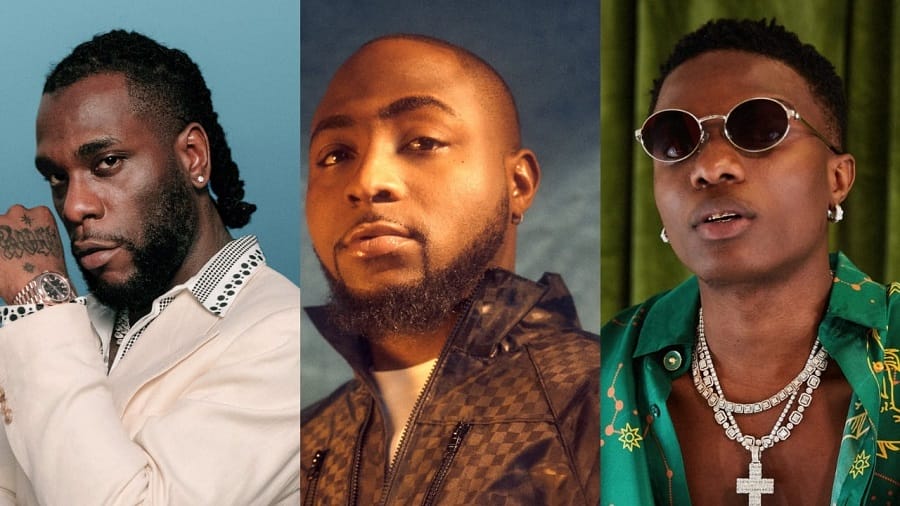His name is Samklef, a multi-instrumentalist, producer, artiste and self-acclaimed pioneer of the new school Afrobeats that rocked the 2010s and set the foundation for the present-day Afrobeats sound. A sound that has been on a roll, breaking bounds and making history in the world of entertainment.
But who is he, what is his story and what could have caused the recent rampage between him, Banky W and Wizkid? The story of Samklef, born Samuel Oguachuba though he is from Imo State, Nigeria, he would go on to be bred in Lagos. His professional career would begin when he sole produced Simi’s debut album ”Ogaju” a project she would release as a gospel artist in 2008. Though, some critics would argue that he had been in the game for some time before producing Simi’s first album.
The experiences with Simi’s project would afford him the needed exposure, resources and knowledge of the Nigerian music industry and give him the prowess to produce Durella’s ‘My Life’ (Enemies), a hit record that put the industry on notice.
However, his major breakthrough came after he produced Wizkid’s ‘Tease Me/Bad Guys’ a single that marked the transition of Wizkid from a teen pop sensation to a Star in his own rights. The success and great synergy between him and Wizkid would propel other hits like ‘Pakurumo’, ‘Don’t Dull’, ‘Wad Up’ and work on the “Superstar” album, a body of work that would become one of the best selling afrobeats albums, selling over five million copies in 2011-2012, the second best-selling album on NotJustOk and was the most highly anticipated Nigerian album of 2011.
The album would help to define the current Nigerian contemporary pop sound, serve as a template for creating dope Afropop projects, and inspire a new generation of artists (FYI Samklef asserted that Wizkid’s success made a lot of young boys drop out of school to pursue music) and propagated the movement of Afrobeats to the world.
Samklef had the world at his feet, on a burgeoning path to greatness, dropping his own hit singles like ‘Molowo’, collaborating with the cream of the industry and working with international big shots like Akon.
Everything seemed to be in alignment for the dynamic producer. Then things took a crazy turn in 2013 when Wizkid began to have issues with his then record label Empire Mates Entertainment (E.M.E). This issue would later be resolved after many negotiations. Wizkid would release his sophomore album ”Ayo” under E.M.E and depart to form his record label Starboy Entertainment.
Things between E.M.E and Wizkid had been resolved, for the time being, this issue would have a semblance of reoccurrence which I would get to back quite later in this piece. It did not take time for other issues to arise, Samklef would in October 2014, call out Wizkid, tagging him as an ‘ungrateful person’ who according to him ‘I’m not happy with Wizkid. I like his music, but I don’t like him as a person anymore. The reason I don’t like him anymore is, why do you go about spoiling other people’s business? I never spoiled your business, never came out to say anything bad about you for four years. So why would you go to an OAP and tell the OAP that the reason why you no longer work with me is because my beat is amateur. What does that mean? Those amateur beats was what brought you to limelight, was what made you meet the same Akon who first dropped ‘Don’t dull’ on your voice’.
He made this revelation in an interview with Linda Ikeji, he added that ‘My brother, that guy is ungrateful, how can he be spoiling my name when I’ve done nothing wrong to him’. Although some industry insiders claim the fallout was not a thing that just happen, as it was premeditated due to Samklef and Wizkid not working together for quite some time which was attributed to creative differences. Also, there was some in-house rift between Wizkid and Skales. Skales who had earlier introduced Wizkid to Samklef was not having the best of time at the label and Wizkid was not rolling well with him and this made the gap between Wizkid and Samklef wider, no thanks to the transfer of aggression.
The interesting thing was that this was not just limited to Wizkid alone, he had fallen out with Banky W, some key figures in the industry and some of his contemporaries before his public fallout with Wizkid in 2014. Though, Samklef would claim that he had been blackballed by the cabal in the industry, who saw him as a threat to their vast interests and one who could shake up things in the industry.
The bad blood would go on for a couple of years between Wizkid and Samklef before it would then end in 2017 when Wizkid invited Samklef for a concert and they would take the stage together.
Recently, Banky W with his lovely wife Adesua in an interview with media personality Ebuka Obi-Uchendu on Bounce RadioLive’s BlackBox, made some daring revelations about Wizkid, they include his disappointment over Wizkid’s absence at his wedding, Wizkid owing E.M.E three more albums when he left the label, why he and Wizkid parted ways and a host of other alarming information.
This was met with uproar, bashing, critical takes and trends on all personalities involved. Wizkid who is known to be very less concerned about perceived attacks, trolls or bad comments, decided to break character and take things up a bit by offering a response to one of the videos on Twitter with the three-letter words ‘LOL’ and as you would have guessed, it further cascaded it to a whole new level with many fans, critics and key stakeholders wondering what he meant by that reply.
This was the case until Samklef stepped into the mix. He straight-up called out Banky W over unpaid royalties in regards to the song ‘Pakurumo’ and how Banky W allegedly made Wizkid remove his name from the publishing rights of the song. This, in a very interesting way, brought some context to the issue, as a couple of media personalities like Daddy Freeze and platforms like Channels TV gave Samklef a medium to air his opinions on the matter.
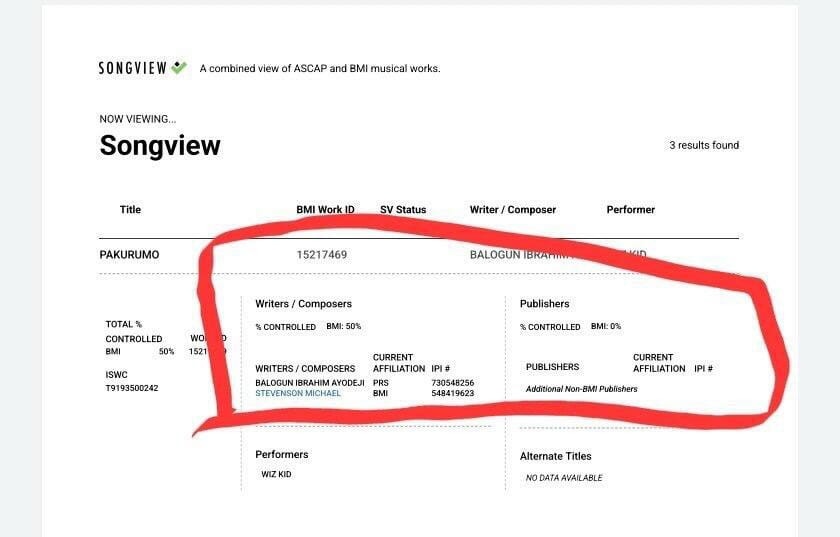
Pakurumo’s alleged publishing data
He would in the course of these interactions, make some daring revelations, accusations, and experiences about the Nigerian music industry, his short-lived run for President and also his elaborate plan to shoot a documentary about the Nigerian music industry with a focus on his contributions to the growth of Afrobeats.
It can be deduced from all indications that this issue has no clear end in sight, at least not now as there are a lot of complexities and personalities involved.
However, some lessons can be garnered from this story and they are as follows;
1. Do your due diligence: Artistes, producers and other creatives need to make adequate research, enquiries and work out terms of contracts, projects and given business deals with their intending record labels or management outfits.
2. It takes more than just money: It takes a lot to break into the music industry, money though a major factor is not the only thing you need, you need resources, people, fans and great relationships in the business to blow up as a creative in the industry.
3. Understand the industry: Creatives need to understand the working of the Nigerian music industry and the peculiarities of the music business scene in the country. The industry is still growing and a vast amount of the revenue doesn’t come from music but from shows, endorsement deals and other endeavours. This is why a 360 deal comes in handy, as the record labels need to make their money. It is a risky business for both sides, especially the record labels, they are the ones taking a chance on an intending star.
4. Lack of patience: A lot of creatives and myself included are guilty of this. We lack patience, as we all seek greater horizons to thread on and most times, we go about this impulsively which always ends up badly for all parties concerned. A great example of patience is Tu Baba, he understood what the business was all about and that he had to pay his dues to Kennis music. So, he patiently hung on, fulfilled his contract with the label, made his future plans while still signed with the label and left them with no drama. To date, he still enjoys a lot of benefits from that decision and it has profited him in the long run, his legacy speaks for itself in the industry and beyond.
5. Transparency: Record labels need to be more transparent with the affairs of finance regarding funding for upcoming or rising talents in the industry.
6. Always settle offline: Learn to settle disagreements offline, as they are properly handled and less risk of the issue or issues snowballing to a serious crisis. Though, social media can be a great tool for worthy causes if channelled adequately for its intended goal. The internet should be a last resort for issues that transpire between labels and artists in a worst-case scenario.
Well, a lot needs to happen for things to get better for the creatives, labels and the industry. But I guess only time will tell.



